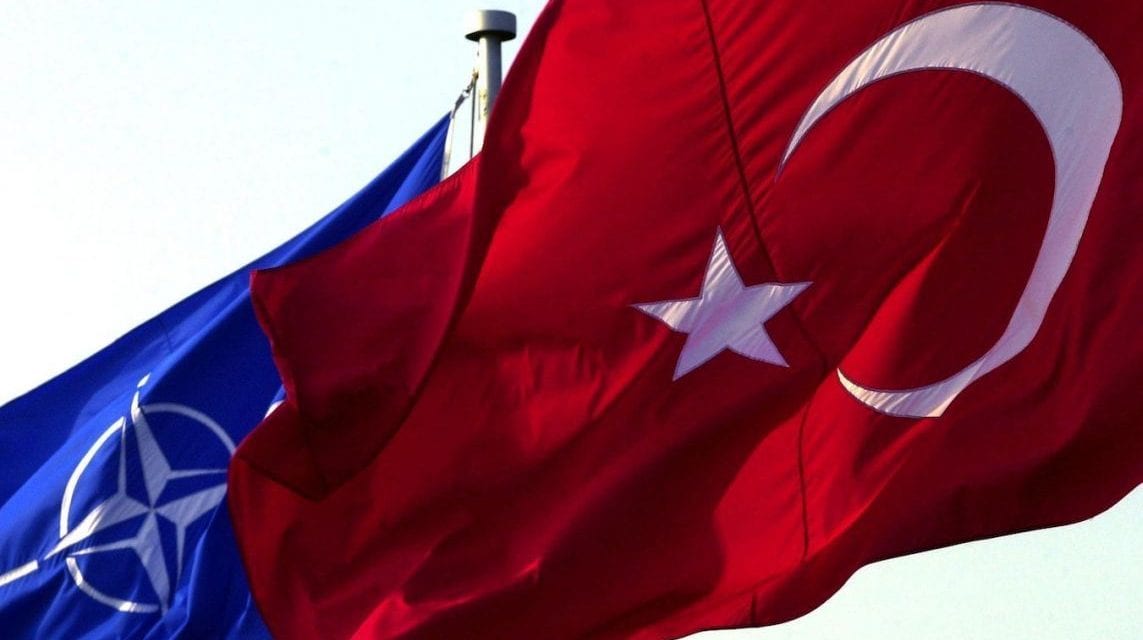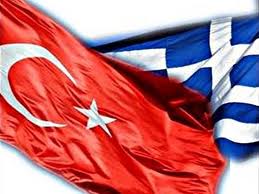By Sputnik
US Vice President Mike Pence issued an ultimatum to Turkey earlier this week: either Ankara remains a critical NATO partner or it jeopardizes the alliance by going ahead with the purchase of Russia-built S-400 air defense systems.
Mike Pence’s warning against the acquisition of S-400 missile defenses from Russia prompted Turkish Vice President Fuat Oktay to come up with a counter-warning to show that his country, a generous NATO ally, would not be pressured into abandoning the deal.
In light of the growing rift between the two countries, here are some reasons why Turkey is strategically important for the United States and NATO.
Incirlik Air Base
Incirlik, a Turkish air base located 110 kilometers from the country’s border with Syria, has been a strategically-important asset both for NATO and the US military.
Built-in 1955 with US assistance to counter the Soviet Union during the Cold War, the facility later became a launch pad for campaigns in the Middle East, including during the First Gulf War, Operation Enduring Freedom in Afghanistan, and the US-led coalition’s offensive against Daesh* in Syria.
US assistance for the Kurdish militia in Syria, which the Turkish side considers to be terrorists affiliated with the Kurdistan Workers’ Party (outlawed in Turkey), with air support missions launched from the Incirlik base, has been a major stumbling block in relations between Ankara and Washington.
President Recep Tayyip Erdogan’s spokesman, Ibrahim Kalin, once said that Turkey would consider its “sovereign right” to deny the US access to the air base, while Turkish Foreign Minister Mevlut Cavusoglu warned of a “confidence crisis in the relationship” between the two countries.
“Our people ask, ‘Why are they using the Incirlik Airbase?’ What purpose are you serving if you do not provide aerial support against [Daesh] in the most sensitive operation for us?’” Cavusoglu told the state-run Anadolu news agency.
They did not close the base but increased pressure by delaying the approval of US air missions out of the base.
However, Turkey previously delivered on its threats by repeatedly denying German lawmakers access to the base in 2016, where roughly 250 German troops were stationed.
The first time, the decision was prompted by Bundestag’s passing of a parliamentary bill classifying the 1915 mass atrocities against Armenians by Ottoman forces as genocide.
The second time was triggered by Berlin’s decision to grant asylum to Turkish military personnel accused of taking part in the botched coup in July 2016.
In addition, even though the information was never confirmed by NATO, US, or Turkish officials, roughly 50 B61 type nuclear warheads are thought to have been stationed in the base since the Cold War, according to the Federation of American Scientists.
Contribution and Armed Forces
Turkey has been an integral cog in the NATO machine since becoming a member in 1952 – as well as one of the biggest contributors to the alliance’s budget. In 2018, Turkey donated €89.8 million ($101 million) to the organization’s common funding.
The country also has the largest army within the 29-member bloc after the United States and plays a crucial role in the Resolute Support Mission in Afghanistan.
It has been hosting NATO’s land command in the eastern coastal province of Izmir and strategically important radar systems in Kurecik, Malatya, and has allowed allies to use its key air bases, Incirlik and Konya for NATO operations, as well as has been actively fighting against jihadist terror in the Middle East.
Aegean and Black Sea
Turkey has been providing permanent naval assistance to the alliance’s missions in the Aegean Sea and leading regional initiatives in the Black Sea.
In addition, Ankara controls two strategically important straits between the Black Sea and the Mediterranean, the Bosphorus and the Dardanelles, which are among the busiest waterways in the world.
“Turkey is very important to the alliance because of its geography and military capabilities. The Black Sea is the launching pad for Russia into the Mediterranean and the Middle East and there are three lines of defense: the Bosphorus and Dardanelles, the Greek islands and Crete. That is the reason NATO asked Turkey to join”, Lieutenant-General Ben Hodges, former commander of the US Army in Europe, was cited as saying by The Times.
Part of F-35 Production
With Turkey’s decision to go ahead with the purchase of Russia-made S-400 missile defenses, the United States has decided to suspend activities associated with Turkey’s F-35 operational capability.
As part of a nine-nation consortium building fighter jets, the Joint Strike Fighter, Turkey has supported the development and production of the F-35s, manufacturing key components of the plane.
Since the US has decided to halt deliveries, the main supplier, Lockheed Martin, is left with no other choice but to search for alternative suppliers, which might cause delays in the production of F-35s.



















